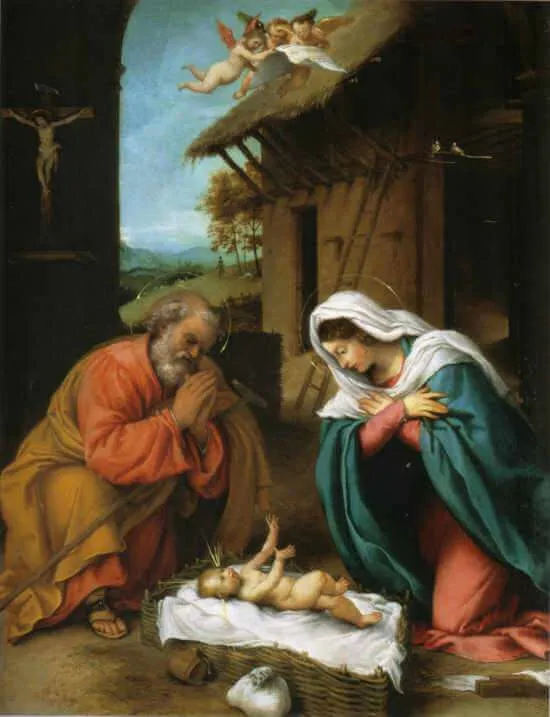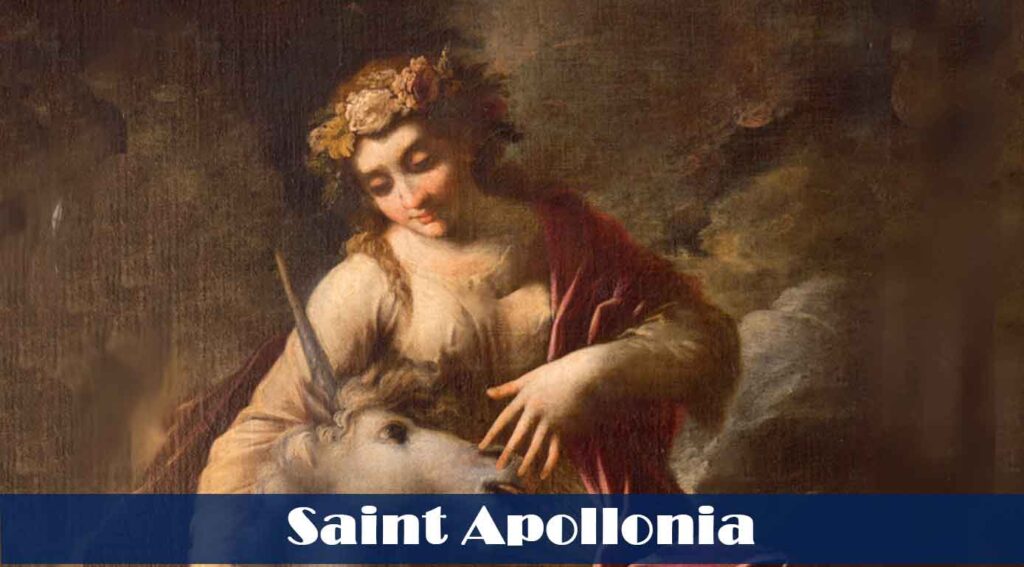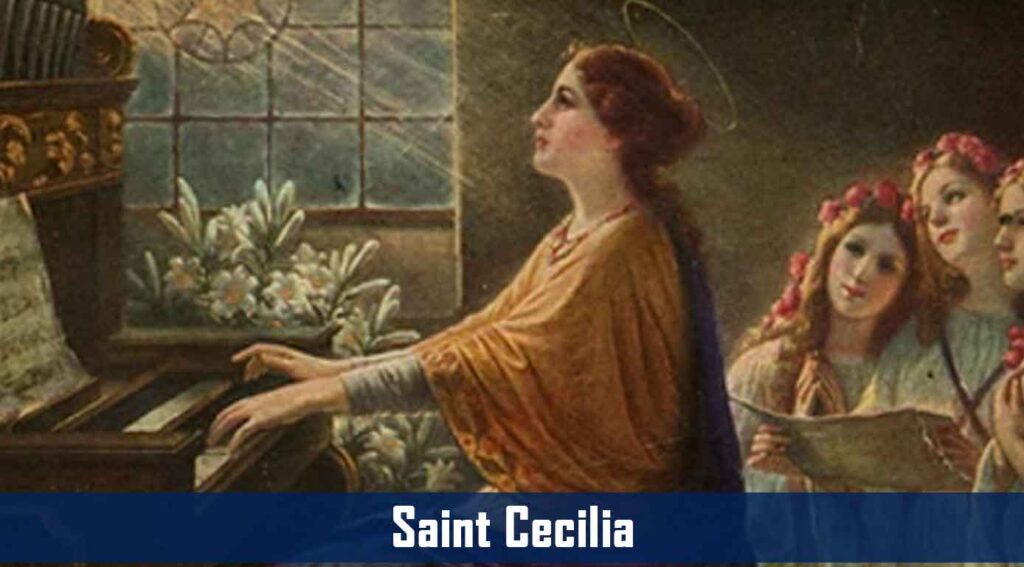Christmas Day is among the most celebrated feasts in the world. Everything else in life stops while the Christian world, in particular, celebrates the birth of the Savior of the World that took place over 2,000 years ago in the small town of Bethlehem.
The first Christmas was celebrated by Mary and Joseph, but a multitude of angels saw to it that poor shepherds from the nearby fields joined the celebration as representatives of the entire Christian world to come. Though the Incarnation took place nine months prior when the Archangel Gabriel announced to the Blessed Virgin Mary that she would conceive a Child, that Child exited her sacred womb and breathed His first breath of air on that holy night.
It is amazing that God chose such a humble birth. He came into the world while His parents were about seventy miles away from their home and family in Nazareth after journeying to Bethlehem, the City of David, so they could fulfill the requirements of the census promulgated by the Roman emperor, Caesar Augustus. The census required all who lived within the Roman Empire to enroll in their hometown, in large part for taxation reasons.
Joseph was from the house and lineage of King David, so he was required to go to David’s ancestral home, Bethlehem, to register with Mary, his betrothed wife. The fact that the Savior of the World permitted Himself to become subject to the rulers of the pagan Roman Empire reveals His profound humility. The Son of God’s perfection of humility is also revealed by the immediate circumstances of His birth. It took place not in a royal palace, not even in a nice home, but in a cave where animals dwelt.
The presence of the poor shepherds extends the Son of God’s humility even further and also reveals the intrinsic dignity of every person. In God’s eyes, every person is equal in dignity, and His life was for all people. From God’s perspective, poor shepherds offered Him just as much praise and honor as if the Roman emperor himself came to adore Him after His birth. The same remains true today. Every person is capable of offering honor and glory to God that do not depend upon social rank, wealth, or natural gifts. They depend upon that love and adoration that were found in the shepherds.
Jesus’ birth in Bethlehem was also a fulfillment of the Old Testament prophecy found in Micah 5:1(2): “But you, Bethlehem-Ephrathah least among the clans of Judah, from you shall come forth for me one who is to be ruler in Israel; Whose origin is from of old, from ancient times.” In God’s perfect foreknowledge and providence, He revealed the location of the birth of the Ruler of Israel through Micah, several centuries before.
The reason we celebrate the Solemnity of Christmas on December 25 is uncertain, but it might have been chosen in relation to the Solemnity of the Annunciation. One tradition states that the dating of the Annunciation on March 25 was chosen because early Christians believed Jesus died on that date. Some believe that Jewish thought at that time suggested that the greatest prophets died on the same day of the year they were created.
Some have further suggested that March 25 was the date of the creation of Adam, the fall of Adam, the fall of the angels, the sacrifice of Isaac by Abraham, and the passing of the Israelites through the Red Sea. Whether this was the belief in the early Church and is the reason for choosing March 25 for the Annunciation (and Incarnation), making Jesus’ birth nine months later on December 25, is unable to be verified historically, but it is an inspiring thought to ponder from a symbolic perspective.
Others have suggested that December 25 was chosen because it closely aligned with the winter solstice, the day of the year with the least amount of sunlight in the northern hemisphere. It was during that darkest time of the year that the New Light came into the world to permeate the darkness. This symbolic view draws creation itself into the praise and glory of God.
A final hypothesis regarding the date of Christmas comes from the fourth century. Some records indicate Pope Julius I declared December 25 to be the date in 350, once the Roman Empire was becoming more Christianized and pagan practices were dwindling. The pagan festival Saturnalia, which was a three-day celebration of the winter solstice, was celebrated each year with great solemnity, and the pagan festival of Sol Invictus has been celebrated on December 25 since 274. It’s possible that Pope Julius wanted to offer an alternative Christian feast to replace these popular pagan ones.
Regardless of the actual historical reason that December 25 was chosen, it is now cemented within our Christian tradition. It’s also important to remember that the Church celebrates the greatest Solemnities for eight straight days, an octave. Thus, Christmas Day is December 25 through January 1. Jesus’ birth being the first day of the year is symbolically significant. Our calendar system is based on the date of Christ’s birth: Anno Domini (A.D.), meaning, “in the year of our Lord.”
As we celebrate this annual Solemnity, the historical accuracy of the date must give way to the liturgical calendar. God, in His perfection of humility, molds His grace around the structures that His Church has been inspired to create. For that reason, we can be confident that the December 25 liturgical Solemnity is a day in which an abundance of grace is poured forth upon those who believe and honor His birth.
Commit yourself, this year and every year, to a celebration of Christmas that goes beyond mere gifts, good food, and gatherings. Choose to celebrate Christmas Day for eight straight days. Don’t pack away the decorations and nativity scene. Keep pondering the Christmas story. Prayerfully give thanks to God for His Incarnation and Birth. Make this Christmas celebration one that is permeated with faith, so that the Light of the World can permeate the darkness of the world in which you live.
Source: https://mycatholic.life/saints/saints-of-the-liturgical-year/25-december-nativity-of-the-lord–solemnity






